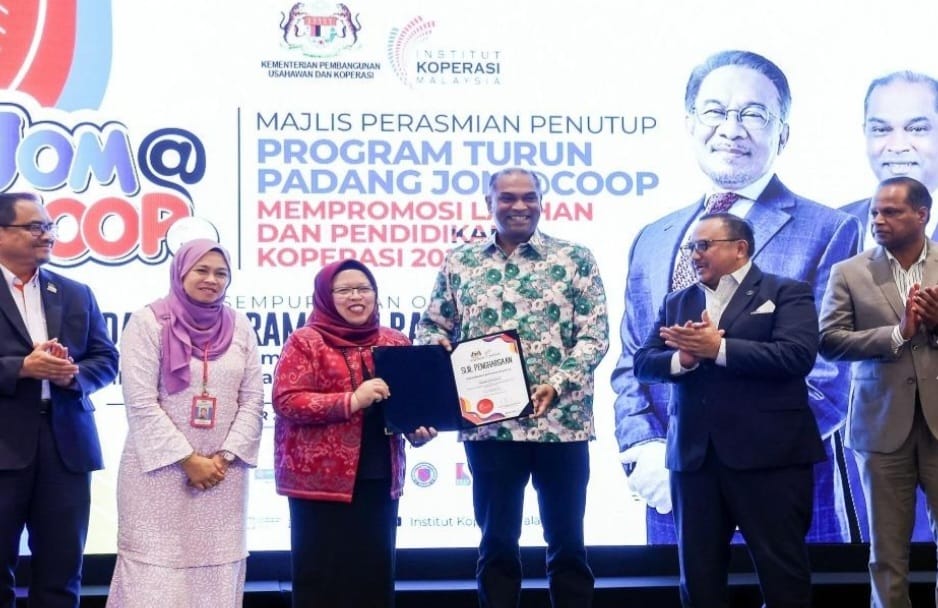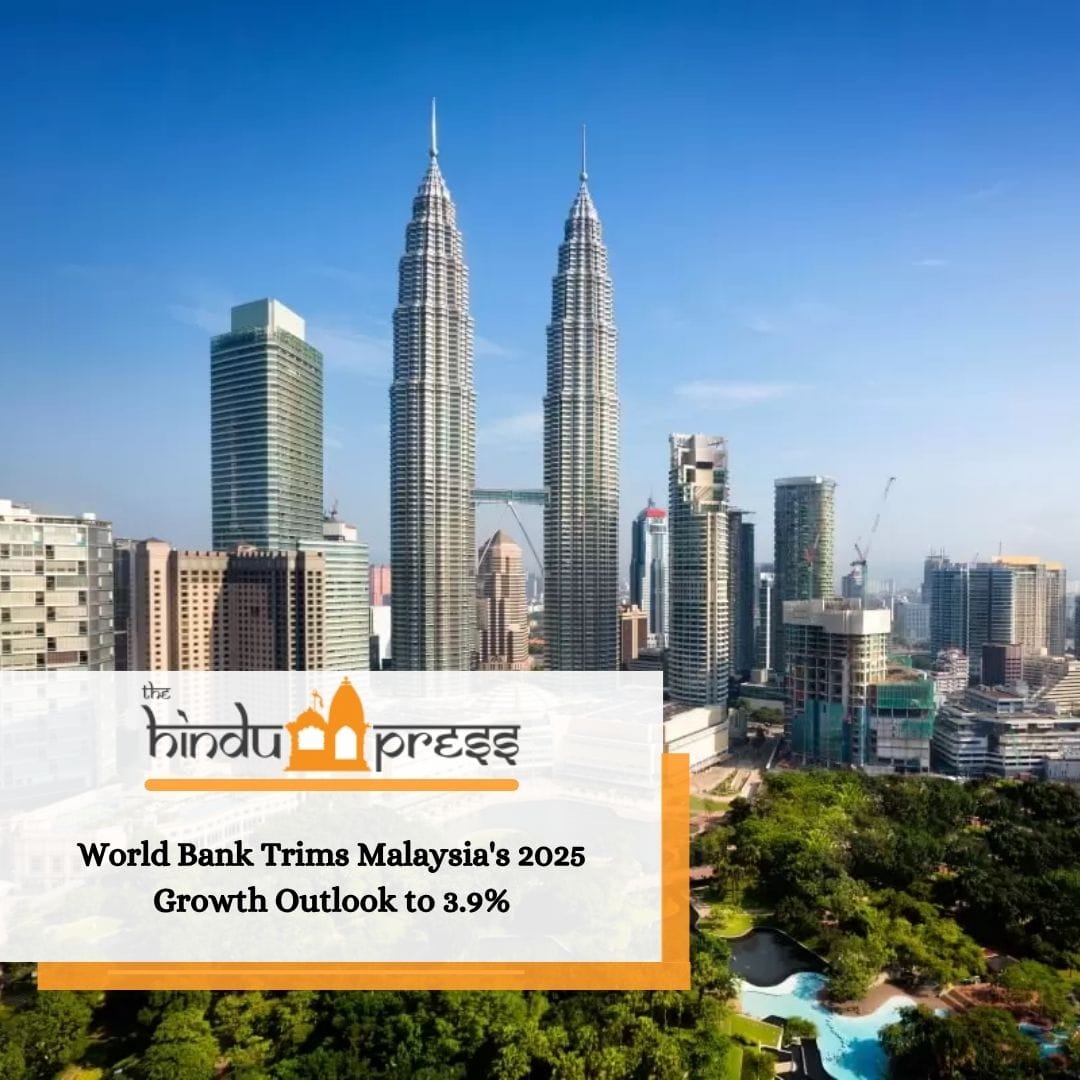KUALA LUMPUR, 29 October 2025: Nestlé (Malaysia) Bhd reported a significant 34% increase in net profit for the third quarter ended Sept 30, 2025 (3QFY2025), driven by robust sales growth and effective cost control measures.
The food-and-beverage giant posted a net profit of RM114.04 million, or 48.43 sen per share. Revenue for the quarter rose 22% year-on-year to RM1.76 billion, boosted by both domestic and double-digit export sales. In light of the strong performance, an interim dividend of 60 sen per share (RM140.7 million total) was also declared, payable on Dec 10.
Recovery Driven by Domestic Demand and Cost Management
For the first nine months of the year (9MFY2025), net profit climbed 3.5% to RM387.5 million on 9.4% higher revenue. The company’s resilience reaffirms its position as the group’s largest Halal manufacturing hub.
Analysts attribute the strong recovery to two key factors:
- Easing Boycott Impact: Kenanga Research noted that the impact of the consumer boycott on certain Western brands is tapering off, allowing sales volume to normalize.
- Domestic Support: Strong local demand was partially supported by government aid, such as the RM100 SARA cash aid, which likely lifted consumption of key brands like Milo, Maggi, and Nescafe.
Nestlé Malaysia CEO Juan Aranols affirmed the company’s commitment to its earlier guidance for a “return to healthy growth levels” and resilient profit, stating the group will remain rigorous in optimising resources and leveraging operational excellence.
Outlook Faces Volatile Input Costs
Looking forward, Kenanga expects gradual recovery to persist into FY26, underpinned by sustained topline momentum and support from future cash aid rounds and increased demand from Visit Malaysia 2026 (VM2026) tourism spending.
The group continues to manage volatile raw material costs: while cocoa prices have eased from recent peaks, coffee bean prices remain volatile, up 22% year-to-date. Analysts noted that a strengthening Malaysian ringgit should help partially offset these imported cost pressures.
Kenanga reiterated a “Market Perform” rating, citing the company’s strong brand portfolio and the inelastic demand for its staple food products.




